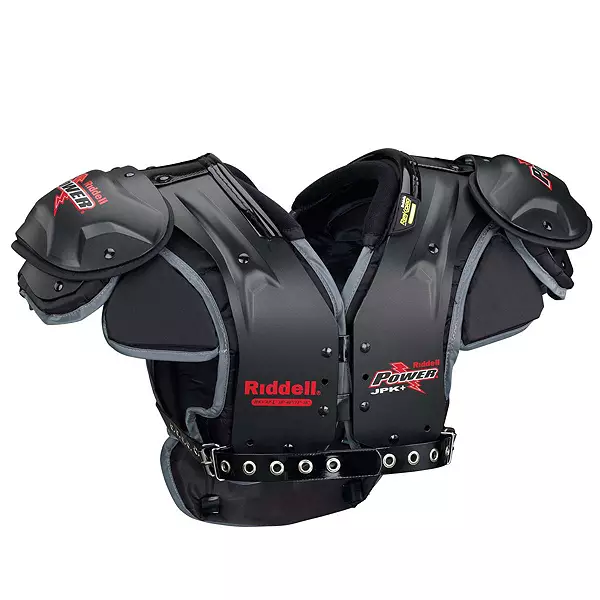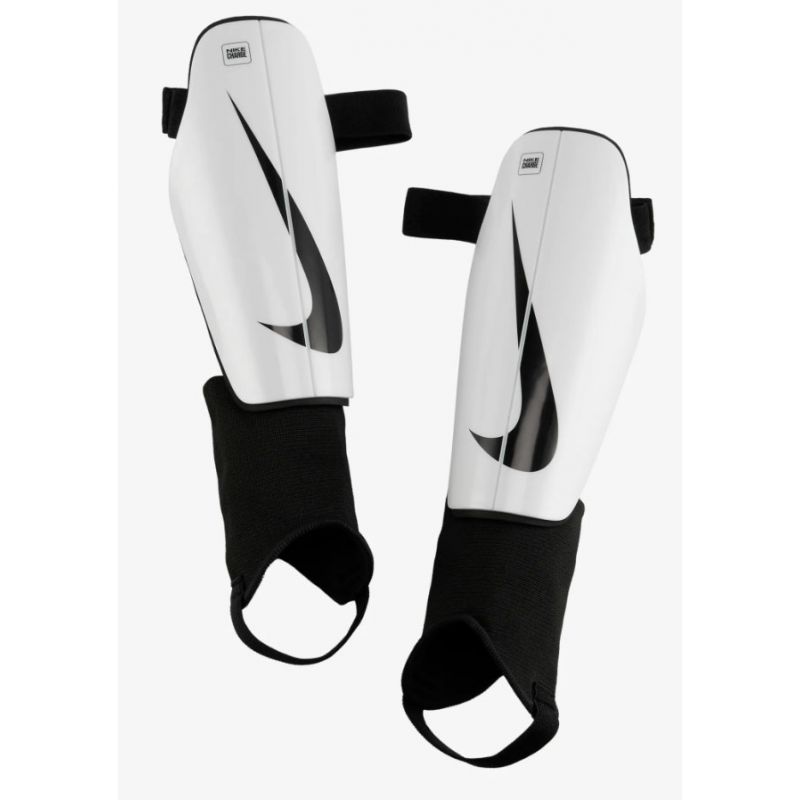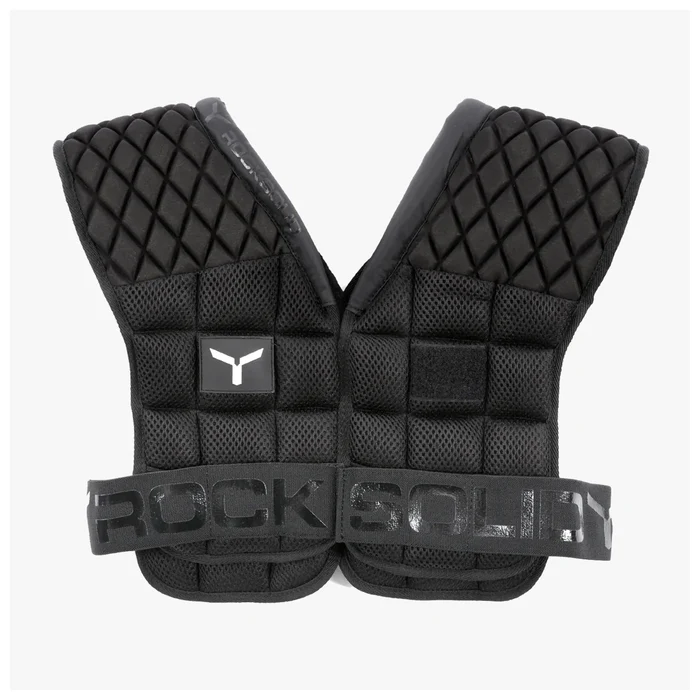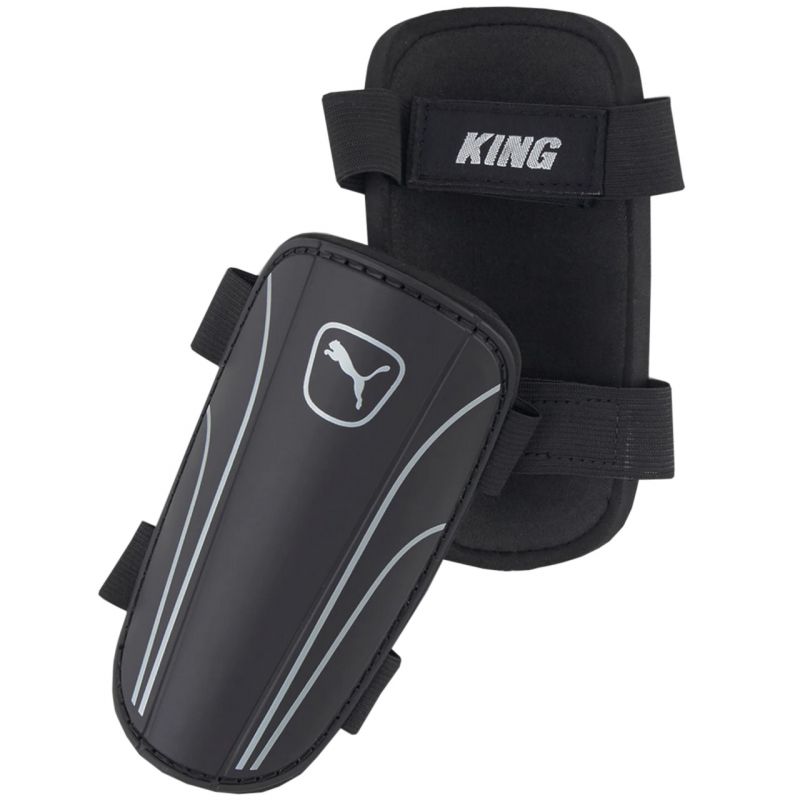I. Introduction

A. The importance of keeping football pads clean for hygiene and performance
Football pads are essential for player safety and protection on the field. Regular cleaning of these pads not only helps maintain proper hygiene but also ensures their longevity and effectiveness.
B. Benefits of regular cleaning in prolonging the lifespan of the pads
Regular cleaning removes dirt, sweat, and bacteria that accumulate during play. By keeping the pads clean, you can prevent the deterioration of materials and maintain their structural integrity, maximizing their lifespan and performance.
II. Cleaning Football Pads
A. Preparing the pads for cleaning
- Removing any removable parts, such as straps or padding inserts Before cleaning, detach any removable parts of the padding, such as straps or inserts. This allows for a more thorough cleaning of all components.
- Inspecting and addressing any visible damage or wear Take a closer look at the pads for any visible damage or excessive wear. Repair or replace any torn or compromised parts to ensure the pads function effectively.
B. Cleaning the outer shell of the football pads
- Gently wiping down the outer shell with a damp cloth Start by wiping down the outer shell of the pads with a damp cloth. This helps remove surface dirt and grime.
- Using a mild detergent or specialized sports equipment cleaner for more stubborn stains For deeper cleaning, use a mild detergent mixed with water or a specialized sports equipment cleaner to target any stubborn stains or buildup. Follow the manufacturer’s instructions for dilution and apply the cleaning solution to the affected areas, gently scrubbing with a soft brush.
C. Cleaning the padding and straps
- Soaking the padding and straps in a mixture of mild detergent and water Create a solution of mild detergent and water in a basin or sink. Submerge the padding and straps in the solution, ensuring they are fully soaked.
- Gently scrubbing the padding and straps to remove dirt and odor Using a soft brush or cloth, gently scrub the padding and straps to remove dirt, sweat, and odor. Pay extra attention to areas that come into contact with the body, as these areas tend to accumulate the most sweat and bacteria.
D. Drying the football pads
- Allowing the pads to air dry in a well-ventilated area After completing the cleaning process, allow the pads to air dry in a well-ventilated area. This helps prevent the growth of mold or bacteria.
- Using a fan or dehumidifier to enhance the drying process, if necessary If air drying is not sufficient, use a fan or dehumidifier to expedite the drying process. Ensure the pads are completely dry before storing them to prevent any moisture-related issues.
III. Deodorizing and disinfecting football pads
A. Addressing odor with natural remedies
When it comes to keeping football pads fresh and odor-free, there are several natural remedies that can be used.
- Sprinkling baking soda on the pads and letting it sit overnight
Baking soda is a well-known natural deodorizer that can help eliminate unwanted odors. To use this remedy, simply sprinkle a generous amount of baking soda onto the pads, making sure to cover all areas. Allow the baking soda to sit on the pads overnight to absorb any odors. The next day, shake off the excess baking soda and the pads should be odor-free.
- Applying a mixture of vinegar and water to neutralize odor-causing bacteria
Vinegar is another natural ingredient that can effectively neutralize odor-causing bacteria. To create a vinegar solution, mix equal parts water and vinegar in a spray bottle. Lightly spray the solution onto the pads, making sure to cover all areas. Let the solution sit for a few minutes to kill bacteria, then wipe off any excess liquid. This will leave the pads smelling fresh and clean.
B. Utilizing specialized disinfectant products
In addition to natural remedies, there are also specialized disinfectant products available that are specifically designed to clean and deodorize sports equipment.
- Using disinfectant sprays or wipes specifically designed for sports equipment
Look for disinfectant sprays or wipes that are specifically formulated for sports equipment. These products are often antibacterial and can effectively eliminate odor-causing bacteria. Simply follow the instructions on the packaging to properly apply the disinfectant to the pads. Make sure to cover all areas and allow the product to fully dry before using the pads again.
- Following the manufacturer’s instructions for proper use and application
It is important to always follow the manufacturer’s instructions when using specialized disinfectant products. Different brands and products may have different guidelines for use and application, so be sure to read and follow them carefully. This will ensure the best results and prevent any potential damage to the pads.
C. Regular maintenance and prevention
Regular maintenance and prevention are key to keeping football pads in good condition and preventing odor and bacteria buildup.
- Wiping down the pads after each use to remove sweat and dirt
After each use, take the time to wipe down the pads with a damp cloth or antibacterial wipe. This will help remove any sweat, dirt, or bacteria that may have accumulated during play. Pay extra attention to areas that are prone to moisture, such as the shoulder and chest pads.
- Storing the pads in a clean, dry area to prevent the growth of bacteria and mold
When not in use, it is important to store the pads in a clean, dry area. Moisture and humidity can promote the growth of bacteria and mold, leading to unpleasant odors and potential health risks. To prevent this, make sure the pads are completely dry before storing them. Consider using a breathable mesh bag to store the pads, allowing air to circulate and prevent bacterial growth.
IV. Ensuring safety and longevity of football pads
Proper care and maintenance are essential for ensuring the safety and longevity of football pads.
A. Regularly inspecting and replacing damaged or worn-out parts
Regularly inspect the football pads for any signs of damage or wear. Look for loose stitching, torn straps, or any other issues that may compromise the effectiveness of the pads. If any damage is found, it is important to promptly repair or replace the affected parts. This will ensure that the pads continue to provide adequate protection during play.
B. Following manufacturer guidelines for cleaning and maintenance
Always follow the manufacturer’s guidelines when it comes to cleaning and maintenance of football pads. Different brands and models may have specific instructions on how to clean, disinfect, and care for the pads. By adhering to these guidelines, you can ensure that the pads remain in optimal condition and perform at their best.
C. Properly storing the pads during the offseason to maintain their quality
During the offseason or when the pads are not in use, it is important to properly store them to maintain their quality. Clean the pads thoroughly and make sure they are completely dry before storing them. Avoid storing them in damp, humid areas as this can lead to the growth of mold and bacteria. Instead, choose a clean, dry area such as a closet or storage bin to store the pads.
By following these tips for deodorizing, disinfecting, and maintaining football pads, you can ensure that they remain fresh, clean, and in good condition. Regular care and maintenance will not only help prevent odors and bacteria buildup, but also prolong the lifespan and effectiveness of the pads.




